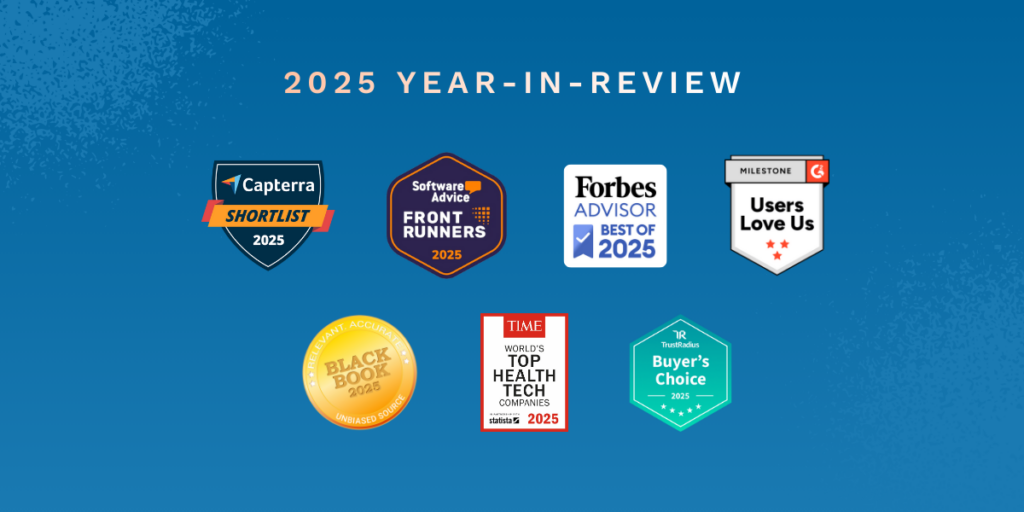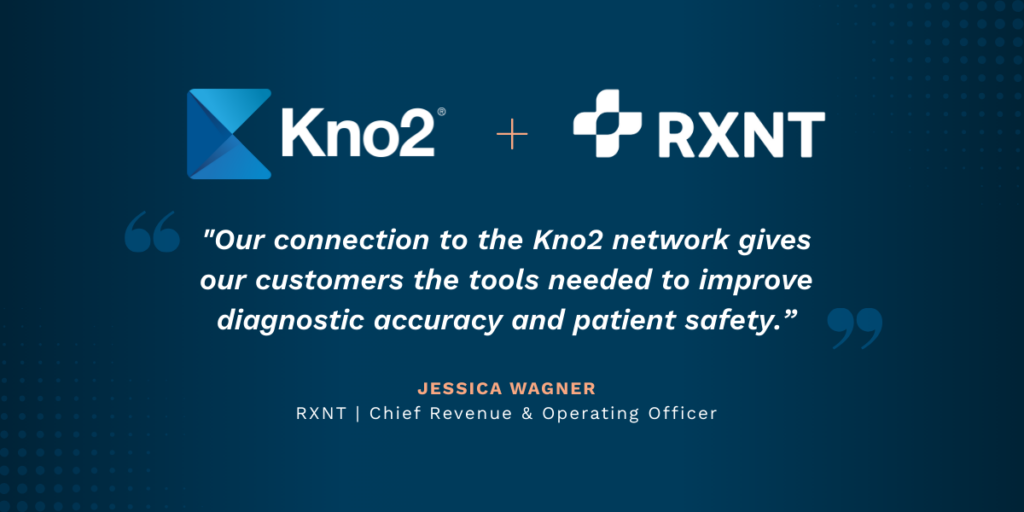Sustainability is often seen as an ethical responsibility, but for healthcare organizations and businesses, it’s also a financial strategy.
Sustainability initiatives are great for the planet, and they can be great for your business, too. Sustainability is often seen as an ethical responsibility, but for healthcare organizations and businesses, it’s also a financial strategy. In this blog, we will explore how sustainability impacts the bottom line, why investing in greener operations is a smart business decision, and small ways you can start implementing sustainable practices at your facility.
Why Sustainability Is A Smart Business Choice
Sustainability can be an ethical choice and can earn serious returns for your business. In 2025, leading companies continue to confirm that environmentally responsible strategies drive both revenue growth and operational savings.
Resource efficiency lowers costs
Sustainability isn’t just good ethics; it also cuts your expenses. Making your business more environmentally sustainable often leads to being more financially sustainable, too.
As companies rethink their processes with sustainability in mind, they streamline purchasing, cut costs, and eliminate waste. Knowing your operations inside and out also means you can better weather supply chain disruptions and be more prepared for upcoming compliance legislation. According to NTUC LearningHub, 9 in 10 business leaders and employees agree that integrating sustainability into their organization’s business strategy enhances its resilience.
Working through sustainable business practices has other financial advantages, too. Forbes points out that businesses that invest in sustainability can unlock new innovations, create long-term value for customers, and better future-proof their company.
Brand enhancement attracts customers and investors
Consumers, investors, and employees are placing growing value on sustainability credentials. For example, a study by McKinsey and NielsenIQ analyzed 44,000 brands across 32 categories. The study reported that products making environmental, social, and governance (ESG)-related claims averaged 28% cumulative growth over a five-year period, while competitors that made no ESG claims only grew by 20%.
The more transparent companies are with customers regarding sustainability efforts, the deeper the trust and brand loyalty customers feel. As companies continue reworking their business processes around sustainability, they often improve customer experience, which also improves customer retention.
The Critical Connection Between Healthcare And Sustainability
Of course, sustainability is important for all businesses—but for the healthcare industry specifically, sustainability isn’t just a buzzword. Healthcare organizations are among the largest institutional contributors to environmental impact, generating significant waste and carbon emissions.
At the same time, they remain vulnerable to climate-driven disruptions, from heatwaves to supply chain challenges. Integrating sustainability practices helps healthcare facilities reduce costs, enhance patient outcomes, and build long-term resilience in the face of evolving environmental and healthcare pressures. When a healthcare practice invests in more eco-friendly processes, it also contributes to health equity and its patients’ overall health.
Data compiled from the recent Environmental Excellence Awards reveals the power of prioritizing sustainability. In 2024 alone, participating hospitals realized more than $203 million in annual savings, avoided 185,000 metric tons of greenhouse gas emissions, saved water equivalent to filling 129 Olympic-sized swimming pools, and diverted waste equal to the weight of 1,416 Boeing 747 aircraft. These figures highlight that sustainable healthcare practices are not just environmentally responsible—they’re also financially impactful.
Healthcare organizations that adopt energy-efficient systems see fast, tangible financial benefits. A recent report shows that hospitals can reduce energy costs by up to 30%, translating into potential savings of millions of dollars annually. There are also grants and tax credits specifically for healthcare organizations to make sustainability transformations more financially feasible.
Together, these findings underscore that sustainability empowers healthcare practices to deliver greener, more cost-effective care, making it both a responsibility and a strategic advantage.
Sustainability Moves That Make Financial Sense For Healthcare Practices
Sustainability may sound like a big undertaking, but there are plenty of practical, budget-friendly strategies that healthcare practices can adopt right away. These initiatives don’t require major overhauls or huge investments. Many can be phased in gradually, with immediate cost savings to follow.
By combining operational efficiency with eco-friendly practices, you can build long-term resilience for your practice while also showing leadership in your community. Here are a few proven ways to align sustainability with financial savings:
Use energy-efficient equipment
Upgrading to LED lighting, as well as energy-efficient appliances and medical equipment, can reduce electricity usage significantly. Over time, these changes shrink both your energy bill and your carbon footprint.
Optimize inventory and limit printing
By carefully monitoring supply orders and cutting back on unnecessary printing, practices can reduce waste and prevent money from being tied up in unused materials. Less waste means lower expenses and a smoother workflow.
Modernize HVAC systems
Heating and cooling account for a large share of facility energy use. Modern HVAC systems with smart thermostats or zoning controls help manage usage more efficiently, lowering monthly costs while keeping patients comfortable.
Offer telehealth services
Offering telehealth reduces the strain on physical office space, utilities, and other resource-intensive operations. Beyond savings, it also gives patients a convenient option that often improves care access.
Meeting energy standards
Certifications like LEED or ENERGY STAR can help practices qualify for tax breaks or government rebates. Green buildings also tend to hold higher long-term property value, creating an additional financial return.
Switch from paper to online services
Transitioning to digital workflows, such as e-prescribing and EHR platforms, eliminates printing costs and reduces the need for storage space for paper records. It also saves staff time, allowing them to focus on patient care rather than manual paperwork.
Turning Sustainability Into Everyday Efficiency
Sustainability in healthcare is no longer just about reducing waste; it’s about building smarter, leaner, and more resilient practices. By making thoughtful changes, from energy efficiency to digital transformation, providers can lower costs, improve patient trust, and future-proof their organizations.
RXNT’s cloud-based software supports this mission by eliminating paper-heavy processes, streamlining workflows, and giving your team the tools to operate more efficiently. Choosing RXNT means choosing a partner that helps you deliver quality care while making a positive financial and environmental impact. To see how we can save you time, money, and waste, schedule a free demo today.





